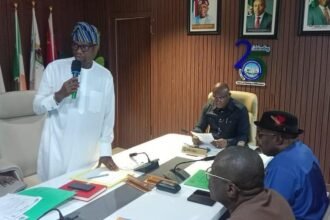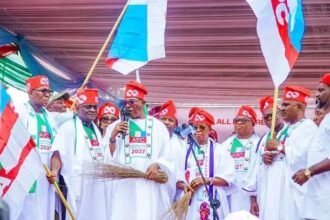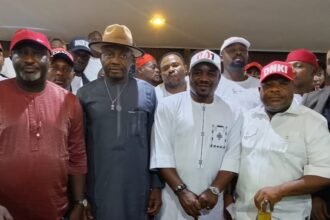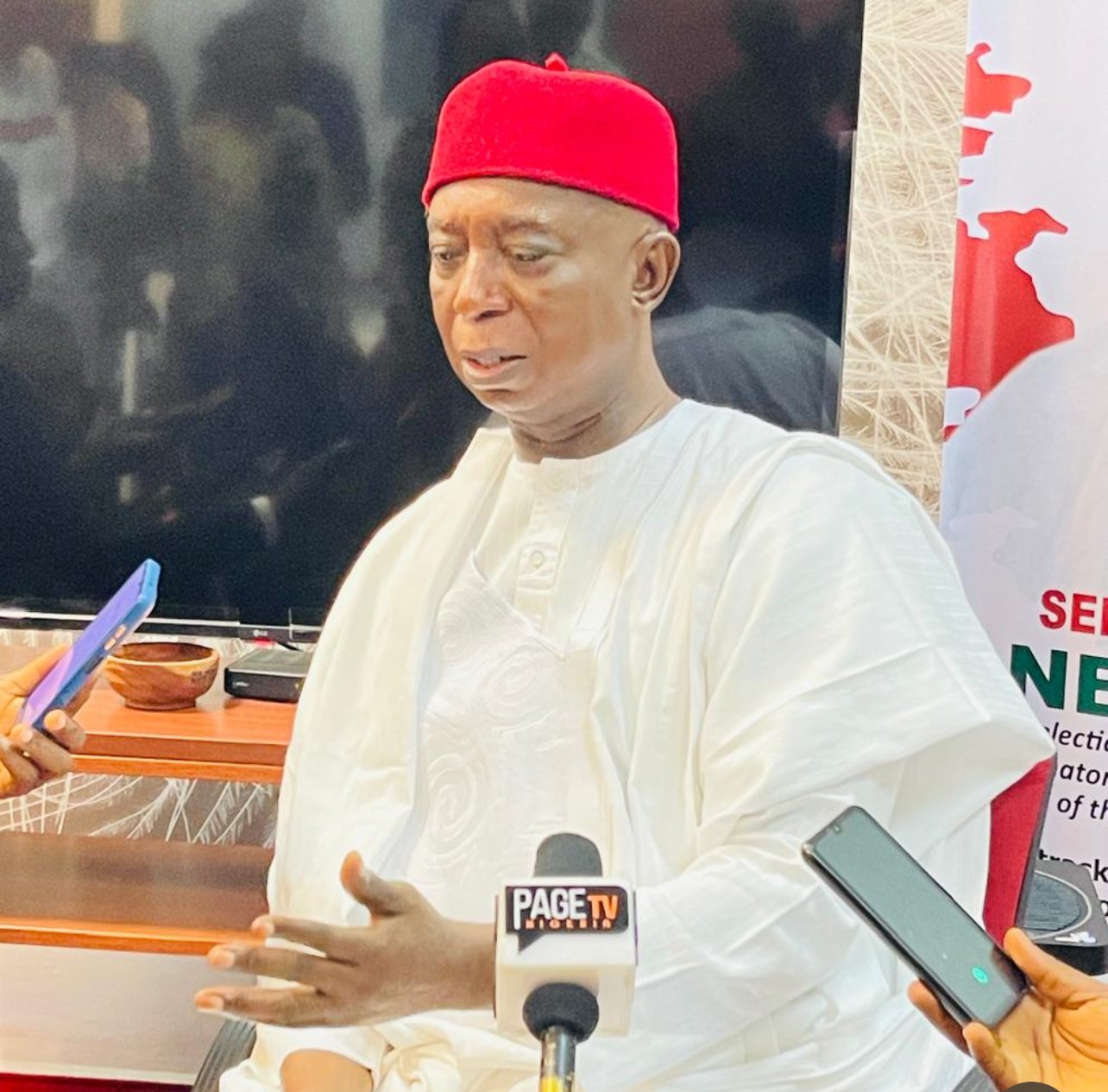“Heavy-duty vehicles are a persistent menace on our roads. Between 2015 and 2018, these vehicles were linked to 3,200 fatalities and over ₦39 billion in economic losses in Nigeria alone.
“How many more tragedies must we endure before action is taken? We cannot keep losing lives to preventable crashes.
“Senator Ned Nwoko, during plenary, on Tuesday, February 11, introduced a Bill to ban the daytime movement of articulated lorries, tankers, and trailers nationwide, restricting their operations to 12 midnight – 6:00 am, except in emergencies.
“But beyond restricting movement, Senator Ned Nwoko also proposes the establishment of Truck Transit Parks, dedicated rest areas where truck drivers can park safely, get adequate rest, and continue their journey without parking indiscriminately on highways. He explained that these facilities will help prevent reckless driving caused by fatigue and reduce road obstructions that often lead to accidents.
“It’s time to support measures that protect our communities and save lives. It’s time to support Senator Ned Nwoko on this bill and ensure safer roads for all Nigerians.”
According to a statement issued and made available to journalists on Saturday by Juliet Ify Ugah, his Media Assistant, noted that “The Senator’s defection was a matter of time and principle. His move from the PDP to the APC was not a sudden decision—it was a long-anticipated shift. In fact, his patience in remaining with the PDP for as long as he did speaks volumes. You cannot send someone into battle, tie their hands behind their back, and still expect them to succeed. If that happens, it only proves that failure was the plan all along. This is precisely how the PDP in Delta State treated Senator Ned Nwoko.
“His victory in the 2023 senatorial election under the PDP was never meant to be an opportunity—it was a political trap, a calculated attempt to keep him constrained. Yet, despite being aware of this, Senator Nwoko worked tirelessly to turn what was meant as a hindrance into an opportunity for good. Through sheer hard work, sincerity, and unwavering dedication to his mandate, he proved to his constituents that he was different. Unlike some of his predecessors who prioritized personal gain, he made it clear from the start that he was not in office to become a contractor.
“This commitment to genuine service did not sit well with those who sought to control him. Determined to make his tenure difficult, they denied him the right to nominate his own candidates for party and local government positions. He was excluded from PDP caucus meetings, and even on the rare occasions when he was invited, his contributions were deliberately disregarded.
“Perhaps the biggest setback came from the Delta State government’s unwillingness to support critical projects that aligned with his electoral promises. The Okpai Independent Power Plant (IPP) project, which was supposed to provide a 100-megawatt step-down for Delta North, faced continuous roadblocks due to financial constraints. Despite Senator Nwoko’s engagements with the Minister of Power and the Transmission Company of Nigeria, funding remained a problem. When he turned to the Delta State government for support, his request was flatly declined.
“Similarly, the Ogwashi-Uku Dam project, which had the potential to provide water to over 60 communities, required the state government’s intervention in the distribution phase. Despite his persistent efforts with the Minister of Water Resources and the Benin-Owena River Basin Development Authority, progress was stalled due to the Delta State government’s refusal to step in.
“Through all these challenges, Senator Nwoko remained resolute. Even his Anioma State creation initiative was met with indifference from the state government and its allies.
“At some point, it became clear that he was fighting against a system determined to undermine him. From local government chairmen openly disrespecting him to political allies turning their backs, it became evident that staying in the PDP meant accepting continued sabotage.
“By 2025, the reality had set in—his vision for his constituency could no longer thrive within a party that constantly worked against him. It was a difficult decision, but one that had to be made. With a heavy heart, he informed his people at his country home that he was leaving the PDP—a party he had helped build—because it had failed to uphold the values of true representation and progress.”





